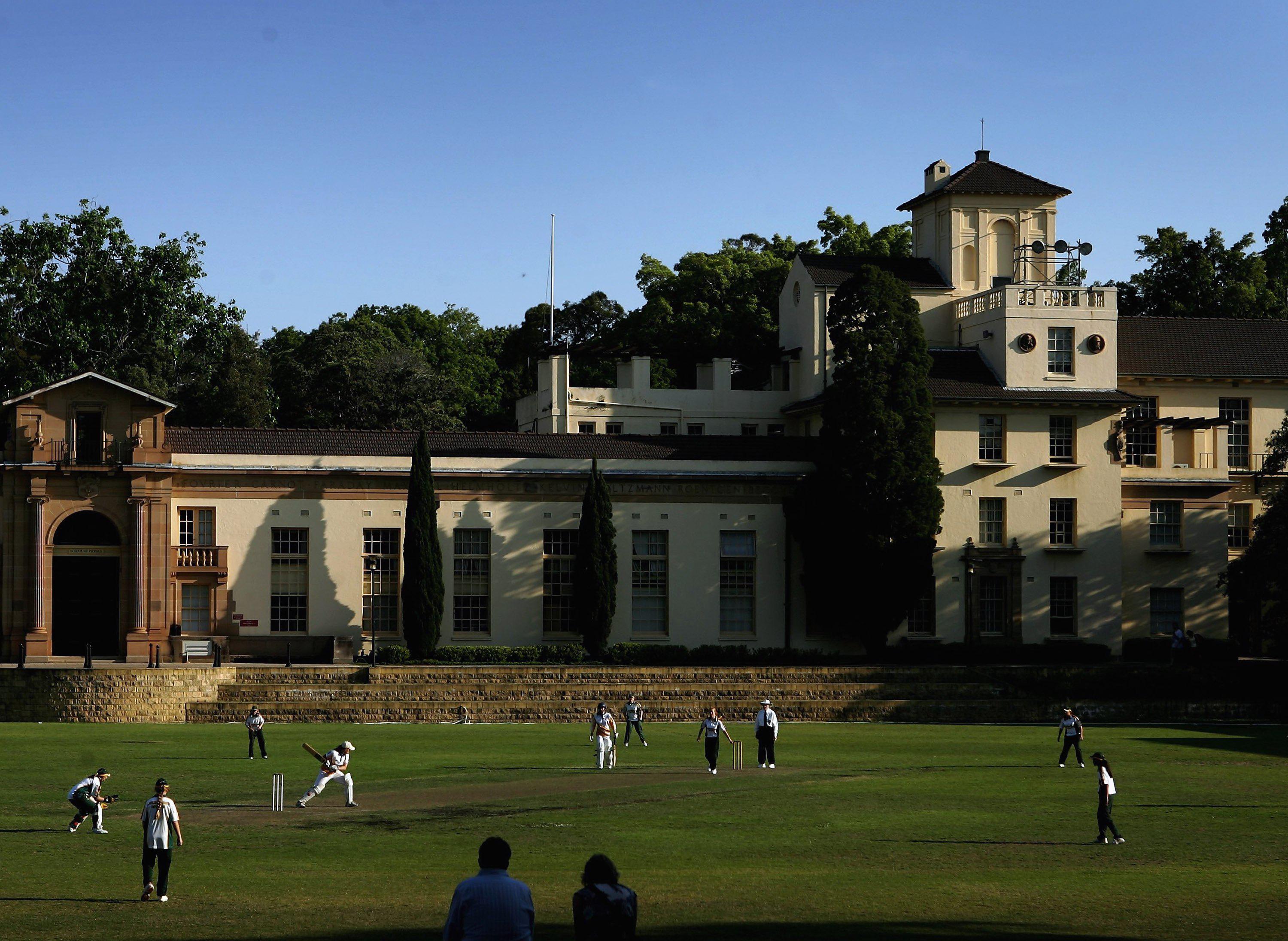On the heels of the ill-fated Tacocopter comes the textbook delivered by drone, a pilot project from Australian education start-up Zookal and commercial unmanned aerial vehicle manufacturer Flirtey, who say they have launched the world’s first drone delivery service.
Their claim to be first is up for discussion. Earlier this year, for instance, Chinese authorities shot down a drone service delivering cake in the skies above Shanghai. But pending regulatory approval, as early as March 2014, Sydney students will be able to have a drone-delivered textbook at their front door within minutes of ordering online. They’ll even be able to track the drone’s path on their smartphones.
Zookal’s CEO, Ahmed Haider, believes they’ve overcome the challenges of operating a drone in a dense urban environment—they’re using on-board anti-collision technology and will require the drone to stay 10 feet in the air or higher during delivery. The textbook will be lowered to the waiting student with the tap of an app.
While the U.S. government blocked the Tacocopter, which promised to deliver tacos by drone to hungry San Franciscans on street corners, the path to integration for commercial-use drones has been smoother in Australia, thanks to a 2002 ruling from the Australian Civil Aviation Safety Authority. Since then, they’ve been used by emergency services and, more controversially, by animal rights activists to spy on farmers they suspect of animal cruelty.
Accusations of publicity stunting notwithstanding, one wonders whether why Zookal’s bothering with drones when they’ll never be able to beat the download speed of an e-book. And at this point in the emergence of the delivery drone, it’s probably also too early to mourn the end of the courier or postal service, given the inevitable regulatory challenges of operating an unmanned aerial vehicle in domestic residential areas. Not to mention, the cost to benefit of a human-operated drone that can a carry a 4 to 5 pound textbook doesn’t seem like great value. As Konstantin Kakaes, author of The Pioneer Detectives and a Future Tense fellow at the New America Foundation, said on Twitter, “[There’s] no way it’s cost effective; for high-value packages, bike messengers do same job…if a business like this does ever start it will be to displace high-end couriers, not deliver textbooks to students.” (Future Tense is a partnership of Slate, New America, and Arizona State University.)
The inevitable privacy concerns also come into play. Haider has said that his delivery drones will not be equipped with cameras, but you have to ask whether Sydney-siders will really be comfortable with their streets and backyards being filled with the whirring of delivery drones. After all, this is a city that fights to the bitter end over the prospect of helipad in their harbor. And it’s not like Australian drones have the best record so far—a mystery drone just recently crashed into the Sydney Harbor Bridge.
